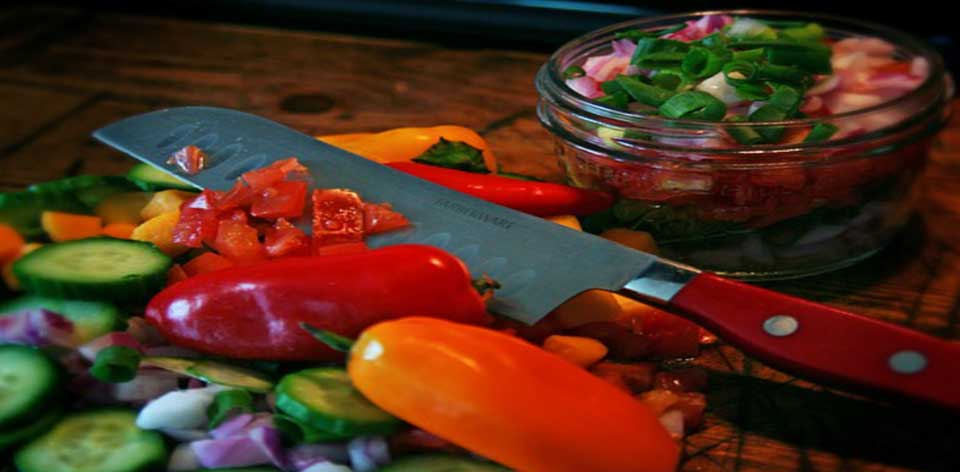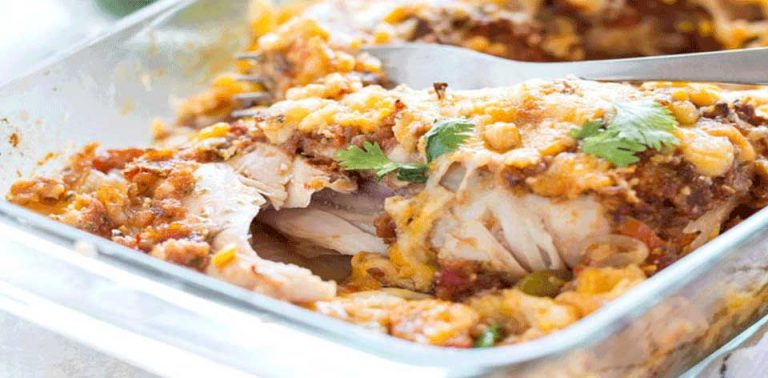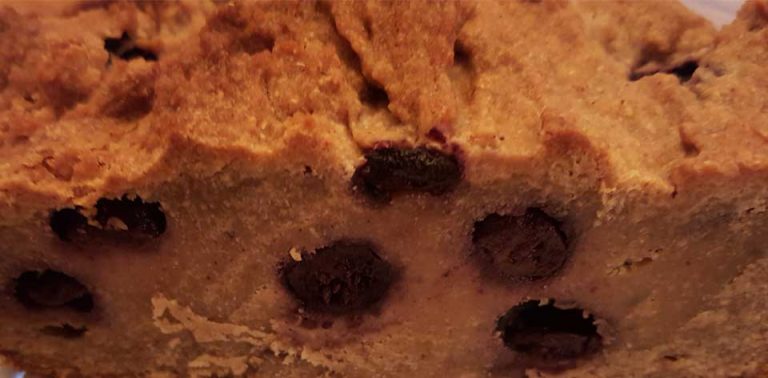Introduction
Besides being a rich source of dietary fiber, which helps give you that “full” feeling so you’re less likely to overeat, veggies are virtually calorie-free. You can eat practically as much fresh produce as you really want without having to worry about it impacting your weight.
The fact is that most folks aren’t really excited about eating vegetables and rarely get enough as they should. Whether you are on a weight loss program or you are just trying to get your family to eat more vegetables, here are 9 steps you can take to veggies more fun to eat.
12 Steps
- Season them with herbs. Natural herbs add lots of taste and other health-promoting benefits without adding additional calories. If you’re on a sodium restricted diet, read the ingredients carefully before buying any premixed spice blends because they often contain salt. If you like a particular mix, make a note of all ingredients on the label and buy each spice separately. This way you can make your own salt-free version. Even if you aren’t on a low salt diet, you’ll save a lot of money buying spices separately over the high cost of the prepared blends.
- Stir fry them in low-sodium chicken broth for added taste, minus the calories.
- Eat them raw with a dip as a great way to add instant flavor. As with the premixed spices, store bought dips often contain unnecessary and unhealthy additives. Read the ingredients carefully before you buy. You’d be better off making your own dip from healthy recipes that you can easily find on the Internet. Just Google “Healthy Dips.”
- Serve them with salsa as the dip. You can make your own salsa, if you have the time for it. This is one of the rare occasions I prefer store bought because you can find lots of pre-made salsas that contain great organic ingredients. Read the ingredient labels before you buy. Due to the overpowering flavor of salsas, you’ll be able to (painlessly) add lots of veggies to you and your family’s diet. Even those they would normally never touch!
- Puree your veggies into a sauce. If you can’t stand the texture of a particular veggie, no problem. Throw it in a blender. It’s also great for veggies that you may hate but that are good for you, like broccoli, squash, eggplant, etc. Mixing them into a sauce makes them much more palatable, especially if your family has little ones.
- Include them in soups. You can make your own vegetable soup but I prefer to throw them into a pot with chicken and chicken broth. It makes for a fast, tasty, and healthy chicken soup.
- Substitute zucchini for potatoes when making French fries and even the kids will love them – with ketchup, of course. You can now find organic ketchup in nearly any grocery store.
- Serve veggies warm with grated Parmesan cheese so that it melts over them. It not only makes the veggies more palatable but the cheese provides a calcium boost as well.
- Lightly drizzle some Italian salad dressing on top. Unfortunately, the vast majority of store-bought dressings aren’t made from the best ingredients and that includes the so-called healthy versions. You will be better off making your own. I like a combination of extra virgin olive oil with balsamic or apple cider vinegar and garlic from either fresh cloves or raw minced. I make a quart at a time and store it in the refrigerator to use on veggies and salads. This type of dressing not only adds flavor but is a great source of heart-healthy fats for you and your loved ones.
- Serve your veggies with some melted cheddar cheese.
- Include sliced veggies when you make shish kabobs on the grill, alternating them with chunks of your favorite meat.
- Marinate your vegetables in balsamic vinegar prior to barbecuing them on the BBQ for added flavor.
The Bottom Line
With a little planning, you’ll find it’s easy to add enough tasty vegetables to your daily diet. I recommend buying fresh organic veggies whenever possible with frozen organic being the next best alternative. Lots of grocery stores now carry organic frozen veggies with the bonus that they don’t go bad like fresh ones will. Once your body becomes used to getting the bulk of its carbohydrates from vegetables, you’ll have less of a yearning for bread and cake. This is an added health bonus because eating too many grain products literally wreaks havoc with your blood sugar, which is not a good thing whether you are diabetic or not!






